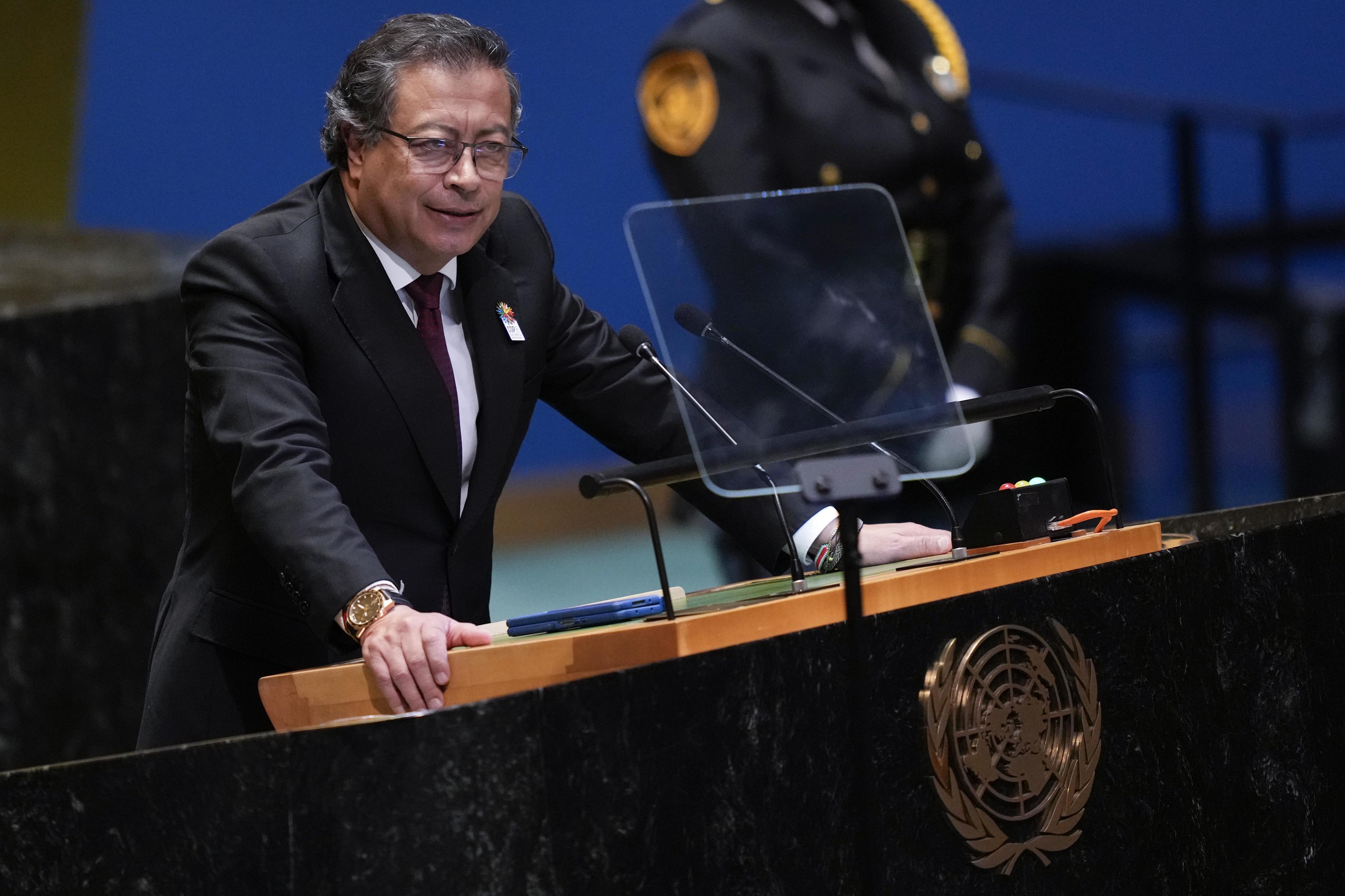During an unprecedented live-streamed cabinet meeting on Tuesday night, the leftist president asserted that "cocaine is illegal because it is produced in Latin America, not because it is worse than whiskey."
"Scientists analyze that. Cocaine is not worse than whiskey," he added.
"If one wants peace, the drug trafficking business must be dismantled," added the first leftist president in Colombia's history. "It could easily be dismantled if cocaine were legalized worldwide. It would be sold like wines."
According to Petro, Americans are being killed by fentanyl, "and that is not made in Colombia," referring to the synthetic opioid that causes at least 75,000 deaths annually in the United States, according to official data.
"Fentanyl started as a pharmaceutical drug from American multinational companies," and those who consumed it "became addicted," he added.
The drug issue was one of many topics discussed by the president during the six-hour ministerial meeting, which was broadcast live for the first time without prior notice, revealing internal government cracks.
Several officials complained to Petro about the presence of Chancellor Laura Sarabia and Chief of Staff Armando Benedetti in the administration, recently appointed amid investigations and political disputes.
Following the ministerial meeting, resignations were announced on Wednesday, including Jorge Rojas, head of DAPRE, an entity that manages significant state funds, and Minister of Culture Juan David Correa, among other protocol resignations.
Since taking office in 2022, Petro has sought peace approaches with all armed groups fueled by drug trafficking, aiming to deactivate six decades of conflict.
Colombia is the world's largest cocaine exporter. According to a report by the United Nations Office on Drugs and Crime (UNODC), cocaine production in the South American country increased by 53% in 2023, reaching 2,600 tons annually.
